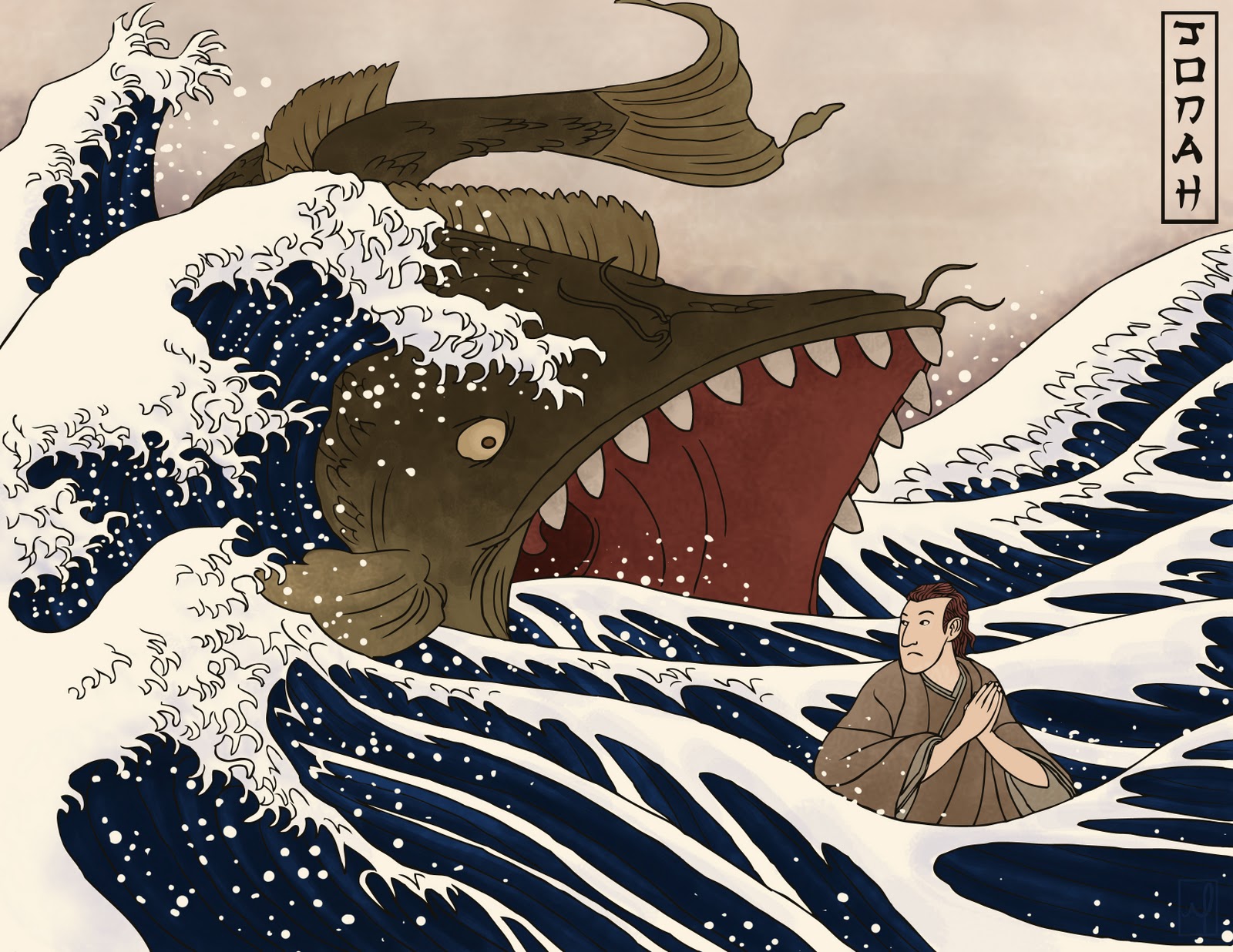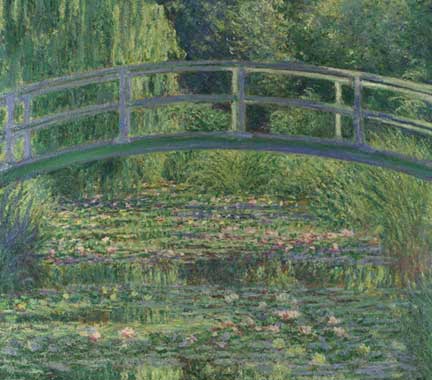Long before the Rev I M Jolly, the lugubrious melancholic cleric, there was Qoheleth, The Preacher, the one who wrote Ecclesiastes. When it comes to incurable negativity, one foot in the grave complaining, and brutal honesty about what life can be like at its worst, Ecclesiastes is up there with the most convincing of pessimists. Here he is at his most unendurably and contagiously miserable:
Again I looked and saw all the oppression that was taking place under the sun:
I saw the tears of the oppressed—
and they have no comforter;
power was on the side of their oppressors—
and they have no comforter.
2 And I declared that the dead,
who had already died,
are happier than the living,
who are still alive.
3 But better than both
is the one who has never been born,
who has not seen the evil
that is done under the sun.
4 And I saw that all toil and all achievement
spring from one person’s envy of another.
This too is meaningless, a chasing after the wind.
5 Fools fold their hands
and ruin themselves.
6 Better one handful with tranquillity
than two handfuls with toil
and chasing after the wind.
7 Again I saw something meaningless under the sun:
8 There was a man all alone;
he had neither son nor brother.
There was no end to his toil,
yet his eyes were not content with his wealth.
“For whom am I toiling,” he asked,
“and why am I depriving myself of enjoyment?”
This too is meaningless—
a miserable business!
This Sunday is Remembrance Sunday. This is the text I'm to preach on. It's about the tears of the oppressed, a world stripped of comfort, the flourishing of injustice, and power acting with impunity to take, and hurt and break; it's about competitive markets and endless toil, and the capacity of such misery to drain life of joy, meaning, purpose and hope. It's about human life dragged down into the gnawing teeth of meaninglessness, tragedy and futility.
This is an Old Testament text to argue with, to stand up to, to answer back. Preaching is an act of faith even if it sometimes feels like an act of presumption. I hear what Ecclesiastes is saying; I know what he means and have often enough watched the news and heard me muttering his low toned angry words, "I see the tears of the oppressed and they have no comforter; power is on the side of their oppressors…."
But for all that I don't believe the dead are happier than the living or that it's better for a human being never to have been born. Why? Because I see the world differently, through the lenses of love incarnate, love crucified and love risen.
So this Sunday, Remembrance Sunday, I will contradict this text. Not because Ecclesiastes is wrong in what he sees; but because he only has one way of seeing. The Gospel of Jesus Christ is about seeing beyond the vision-limited obvious, contradicting the despair of all our evidence based pessimism, and seeking to cure the spiritual colour-blindness that so afflicts us we sometimes miss the visions of hope, mercy, peace. The Gospel of Jesus Christ tells of the love that dies to give life in a divine gesture of redemption born in the heart of Eternal God. The Christian response to Ecclesiastes isn't to prove his perception about the world and human existence is wrong; but to challenge the conclusion that death is better than life. The hopeless resignation of Ecclesiastes should be read alongside the equally realistic world-view of Paul who saw the groaning creation through the eyes of hope; because in the death and resurrection of Jesus this fallen, broken, groaning creation has been visited by God, reconciled, renewed and promised a future and a hope:
May the God of hope fill you with all joy and peace as you trust in him, so that you may overflow with hope by the power of the Holy Spirit. Rom.15.13
Paul arrived at that Benediction only after writing this, which is where Christian faith comes nearest to claiming finality for truth:
Who shall separate us from the love of Christ? Shall trouble or hardship or persecution or famine or nakedness or danger or sword? As it is written:
“For your sake we face death all day long; we are considered as sheep to be slaughtered.”
No, in all these things we are more than conquerors through him who loved us. For I am convinced that neither death nor life, neither angels nor demons, neither the present nor the future, nor any powers, neither height nor depth, nor anything else in all creation, will be able to separate us from the love of God that is in Christ Jesus our Lord. Rom 8.35-39.
……………………….
By the way, our First Minister, Alex Salmond does a great take off of REv I M Jolly for Children in Need. You can catch it over here.

